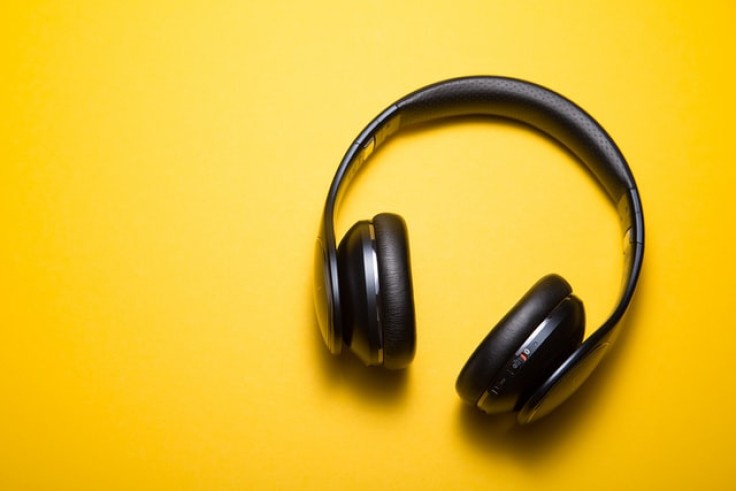
Noise-cancelling headphones, unsurprisingly, have now become the latest craze. Since transitioning to a home working environment, we often really don't have direct control over the ambient noises we hear. It's worth noting that what you hear in the background is often what the other person on the other end of the line hears. Compared with an office setting or an area that's been sound-isolated for a reason, you can't stop your neighbors' children from excitedly playing in front of their yard.
This writer personally uses a Sony XB950N1 and I have to say: you don't really want to wear it in the streets that much. There's a chance you won't hear that car honking away as it's about to crash on you. It works great for cancelling out noise, but essentially, there's more to understanding how noise-cancelling headphones can help you.
How do noise-cancelling headphones work
Noise-cancelling earphones utilize electronic processing to check the sound around your immediate environment. It then attempts to make a "contradictory" sound. This often results in a "cancelled" noise level.
Here's a technical article on how this actually works. It works efficiently on the fly that you won't even notice it. My unit has a dedicated noise-cancellation button, and by pressing it on or off, you'd notice the huge difference.
You don't want to hear your neighbor's grasscutter buzzing? Turn on your headphone's noise cancellation. It takes quite some time to get used to. Despite that weird feeling, enjoying relative silence when those around you complain about the noise is worth every single penny you paid for your pair of noise-cancelling headphones.
Noise-cancellation at a cost
These active noise-cancellation earphones usually put a toll on your battery. Compared to other personal audio gears, they're also typically more expensive. With that additional feature, one cannot complain why most noise-cancellation earphones are often pricier than those that do not offer the same functionality. After all, being on a budget doesn't necessarily mean settling for cheap parts.
There are, however, noise-isolating headphones and earphones at a cheaper price. However, their approach to noise cancellation is more on the seal-your-ears-so-noise-won't-get-in. There's not much hardware and software approach and tweaking. Essentially, they mainly resemble earplugs. Once they're comfy enough on your ears, the way they're designed makes sure only minimal ambient sound gets in. They do the job most of the time but not really as good as cans with dedicated active noise-cancellation features.
Is noise-cancellation for you?
It depends. If your work environment, in particular, isn't that noisy, getting headphones with noise-cancellation might be impractical and unnecessarily costly. You could always soundproof your area, though we understand not everyone has the luxury to do that. Essentially, noise-cancelling gears do serve as future-proofing.
On the other hand, if you mostly commute or travel, having your own personal bubble of quiet space greatly helps. It's now gotten quite stressful doing work or school activities considering our current situation. Noise-cancelling headphones, to some extent, help lessen that burden.









